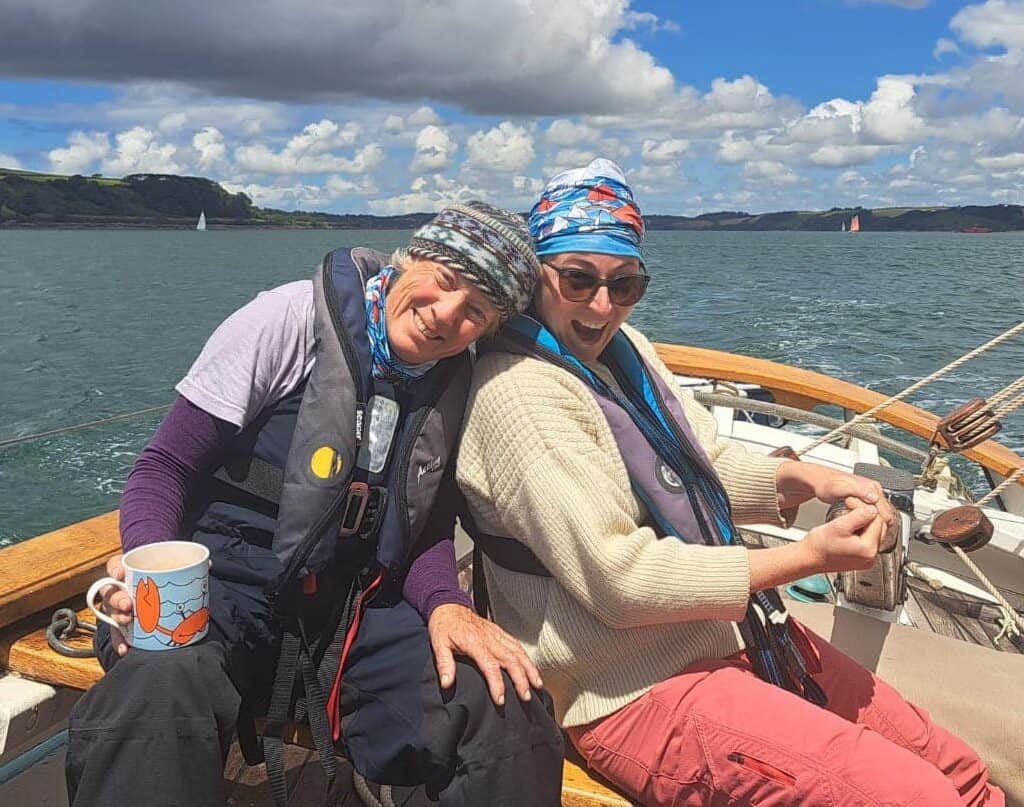You might be curious what the ‘boss’ will be like on your next sailing holiday, or you might be wondering where a career at sea could lead you. Either way, you should know that there are many ways to be a Captain.
Debbie Purser, Classic Sailing Co-Founder and skipper of Tallulah, shares what the role looks like to her…
I’m only one skipper out of the fleet, but I’ve been around a long time. I have seen the full range of skipper types from attending Warsash Nautical College amongst merchant navy and superyacht crews through to working for sail training charities and helping owner-skippers run sailing holidays as a customer orientated business.
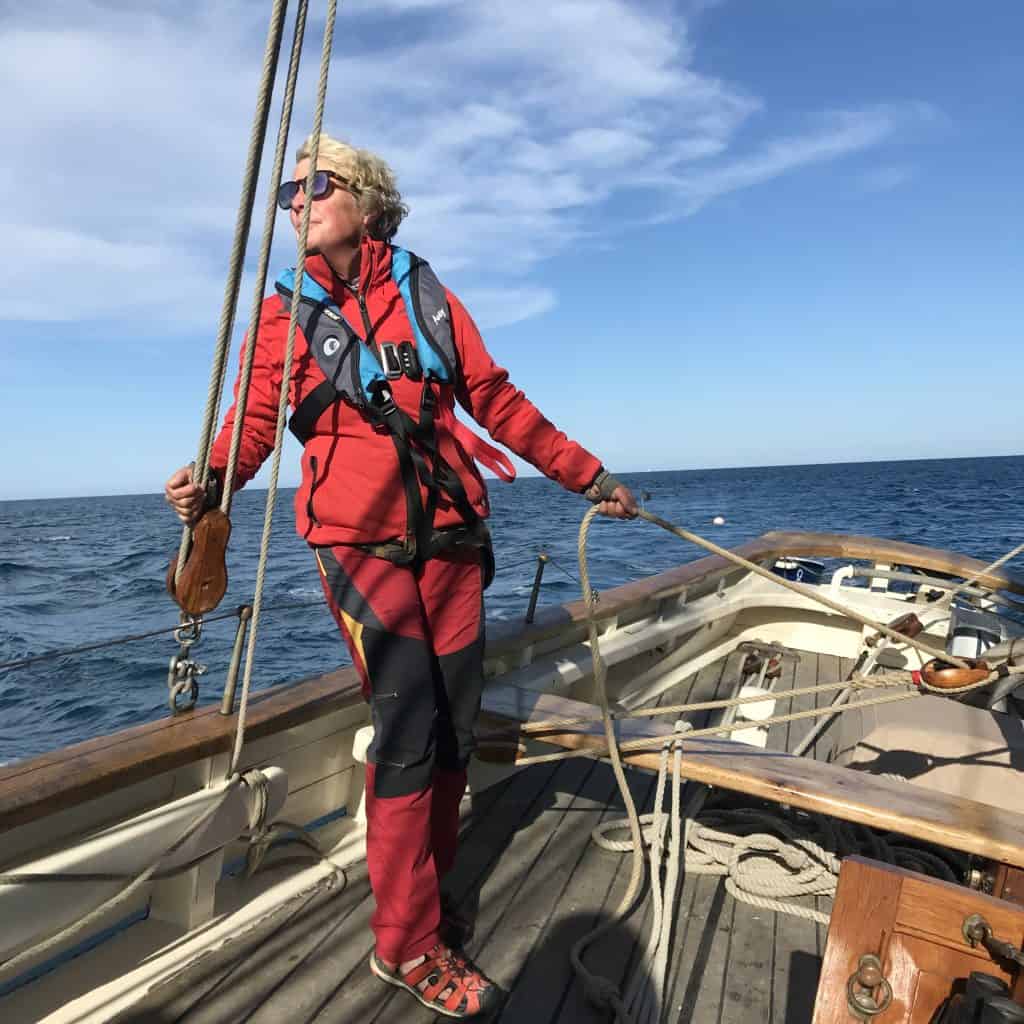
Will the skipper be a tyrant or a friend?
If you are hoping to sail on a Classic Sailing vessel for the first time, I would say that the skippers working in this side of the industry are people-focused. They sail day in, day out with beginners through to master mariners on holiday. They never know what mix of guest adult crew they will get and so have to be inherently adaptive to everyone’s needs. The bigger the vessel, the more crew. This means the captain might chose to be one step away from the rope pulling (or not, in many cases) but their style and tone will permeate the team.
What is the role of a skipper ?
- Appraise the voyage objectives
- Decide on a plan
- Make it so
- Drive the boat when it gets difficult
- Pose when the going is easy
- Delegate the boring bits
- Bask in the glory
- Take the pay…
- …along with the legal responsibility for EVERYTHING
This is the cynical, bare bones, answer for career seekers, but I hope you are reading this to see if the job of skipper can be fun, happiness-sustaining and the best boost to confidence and self reliance on the planet. I think it is, but it depends hugely on your personality.
Having read Adam’s prequel article ‘Role of a Bosun’ I can say that there are sailors who would be happy being a bosun on a tall ship for all their life. That’s fine as its an incredible job, as is being the mate. Personally, I am very happy being the skipper of a beautiful pilot cutter. I have no desire to choose a role with less responsibility – and that’s after 27 years as a skipper with charter guests as my crew.
There are caveats to that: Whether being skipper is the ultimate route to freedom, or a cage of responsibility, depends on how you manipulate your career path or sailing dream. It also has a huge amount to do with the role of the boat (and who owns it).
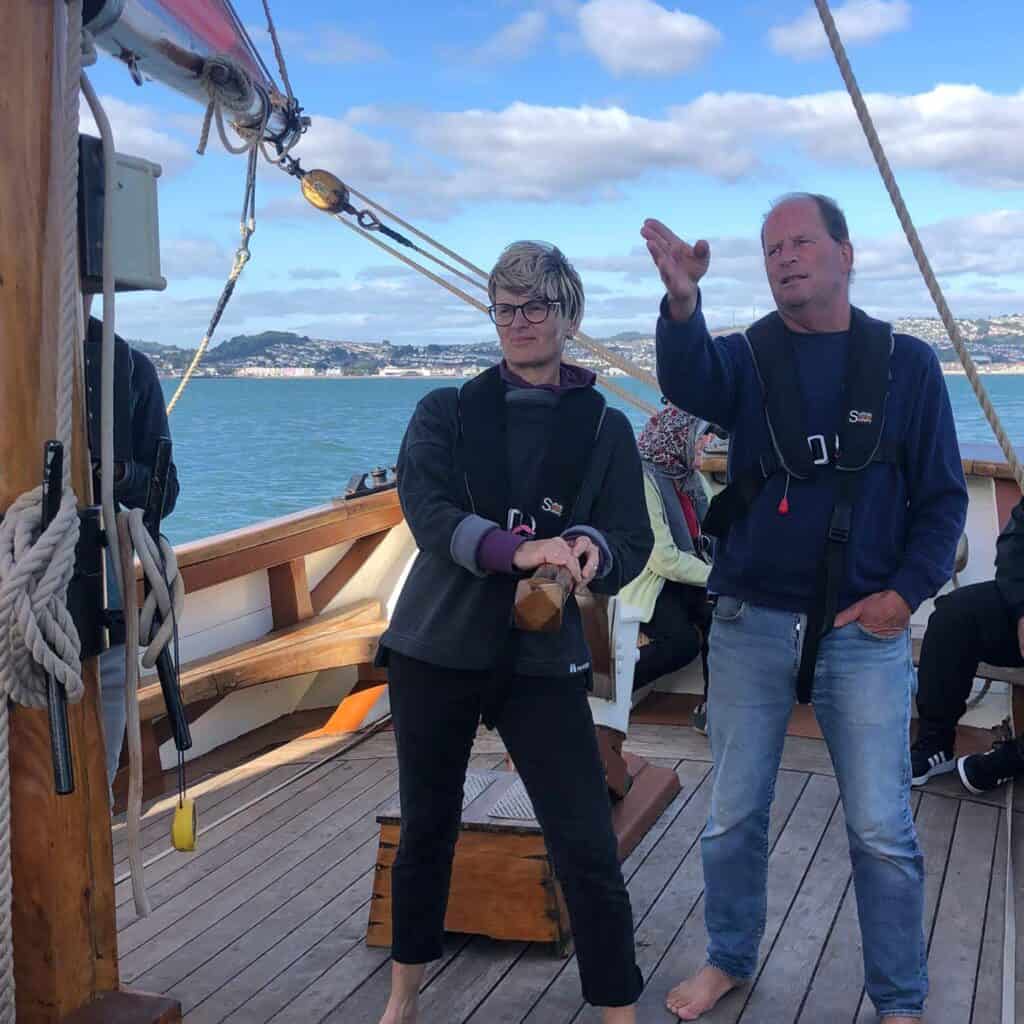
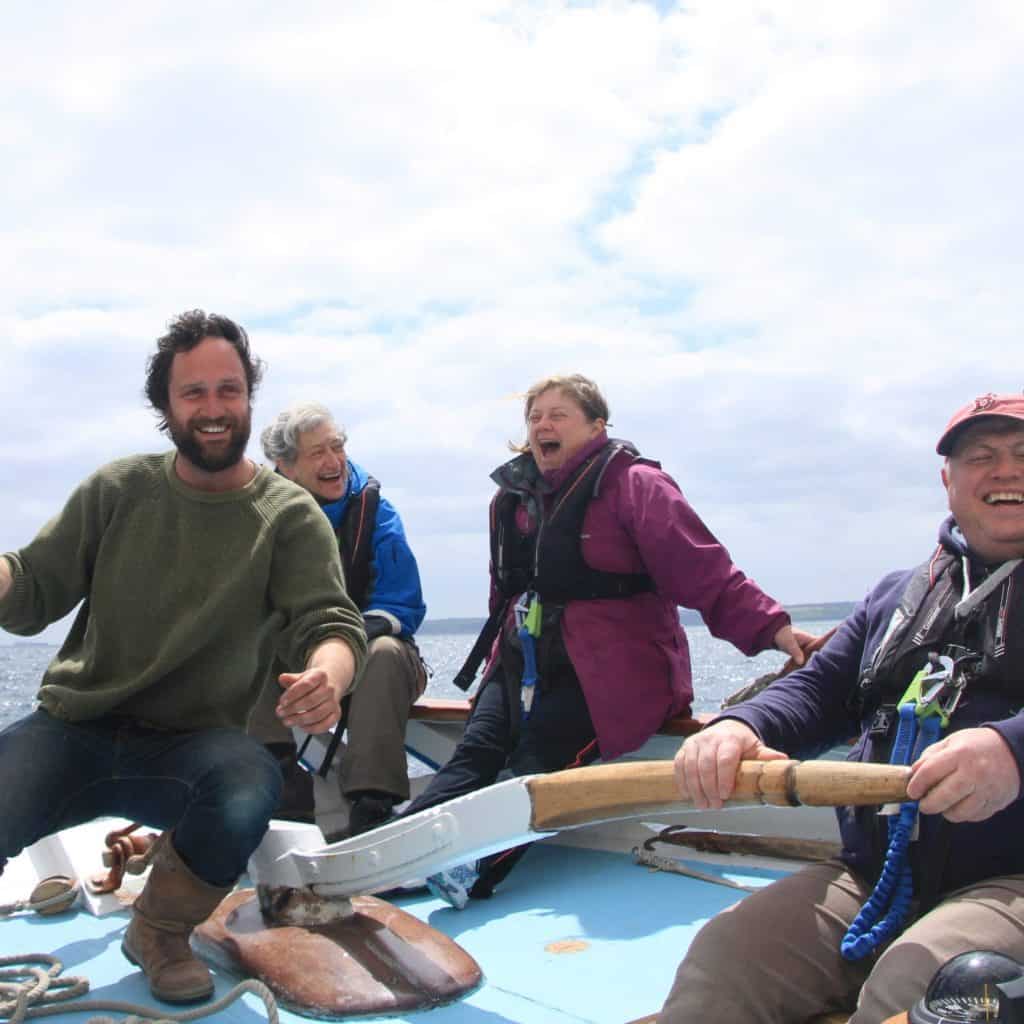
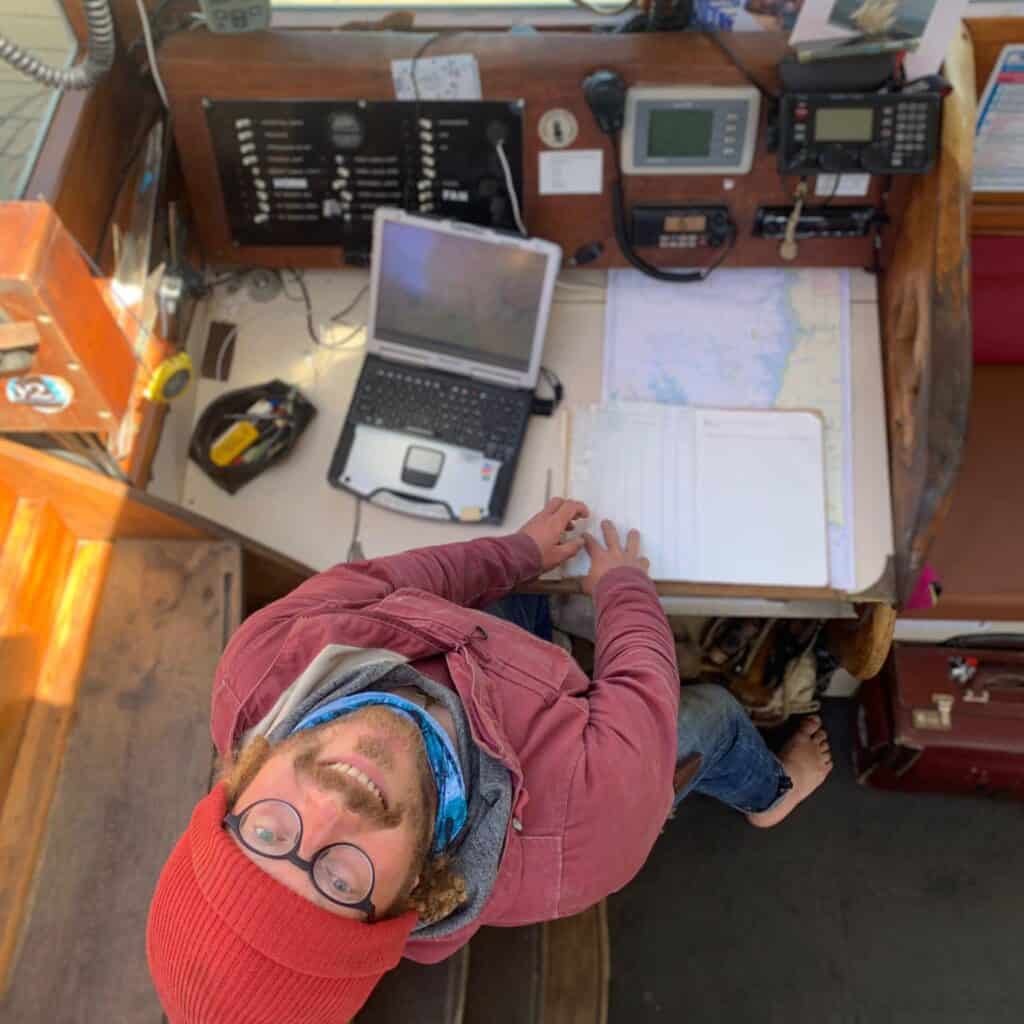
How do you Train to be a Skipper (beyond the Qualifications)?
As part of my career training I was very lucky to gain a place on a 9 month trainee skipper scheme with Ocean Youth Club in the 1990’s. It wasn’t my intention to become a skipper. I just wanted to step up to 1st mate and get paid to be a sailor instead of volunteering. Sadly there isn’t anything quite like it any more. There are fast track yachtmaster courses which deliver a lot of certificates and cost a lot of money, but this was a course taught by youth workers and sail trainers.
It didn’t focus on satellite communication, fixing water makers or manoeuvring a 72ft yacht with bow thrusters. It did focus on the skipper being an entertainer, a confidante for homeless bosuns, a motivator of young people that society had forgotten to include.
You are only as good as the crew, and your crew might never have sailed before. The role of sail training skipper was about young people – keeping them safe, stretching them a bit, giving them space to grow, then stretching them a bit more.
Very much like the Naval captains of old where crews were press ganged and ripped away from their familiar environments, you had to make a team and a ship board society that could feel comfortable with each other and function as quickly as possible. You needed them as much as they needed you. An adult charter holiday is a less drastic and hopefully more comfortable version of that dynamic.
I look at potential charter skippers in the same way I was taught:
- Can they entertain?
- Do they have the charisma to lead, but the self-awareness not to be pompous?
- Can they create and run a safe ship without wrapping everyone in cotton wool?
- Can they coax a sense of wonder in the natural world out of guest crews?
- Can they plan the logistics of a voyage in infinite detail, covering all the things that could go wrong, and still look relaxed?
- Can they think on their feet when a plan goes haywire, or change plans quickly to take advantage of an opportunity?
- Are they humble enough to sometimes err on the side of caution, or apologise for their mistakes?
- Can they get over frequent ‘stage fright’ when things look difficult, and be brave enough to leave the dock?
- How hungry are they for the responsibility, rather than just the job title?
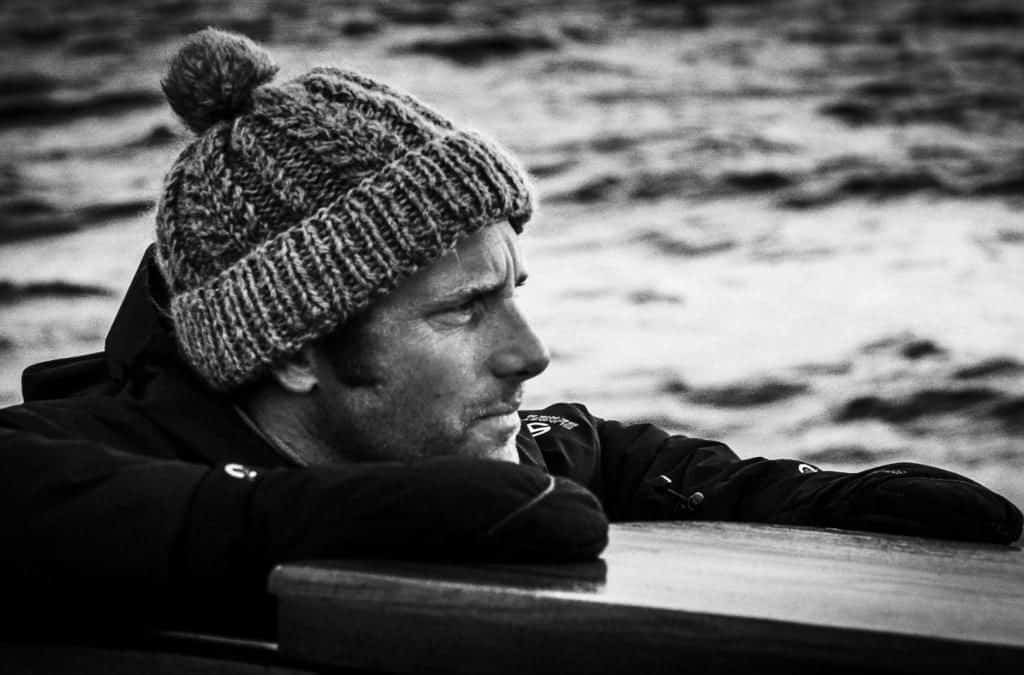
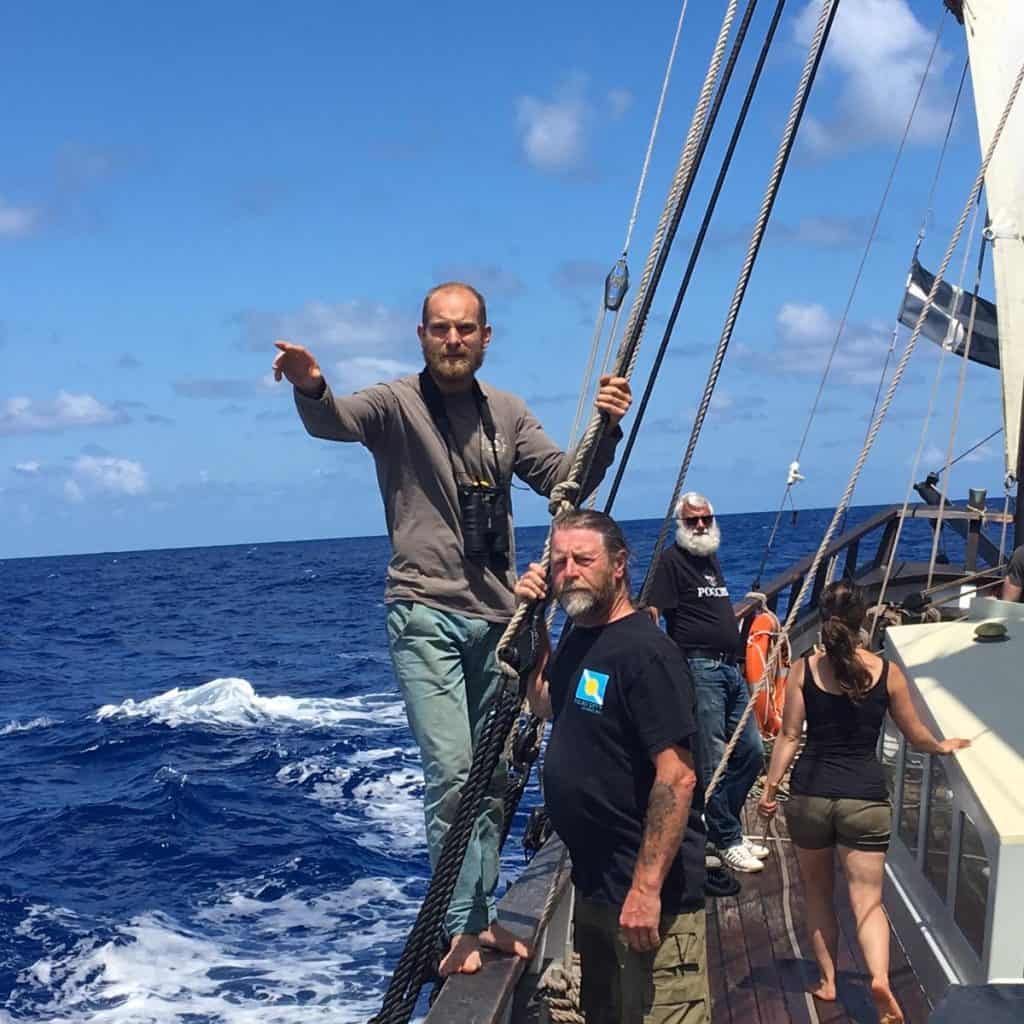
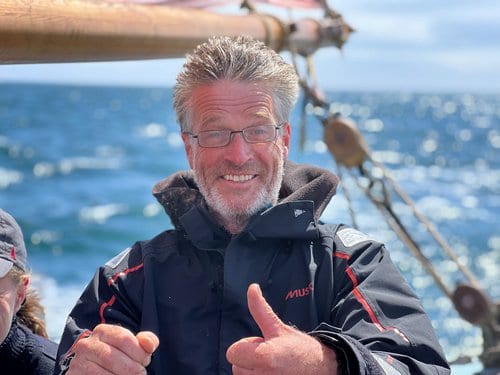
The Accidental or Reluctant Skipper
Many of us never felt destined to be a skipper, but we could see it was the only way to realise our dreams. If you want to buy, build or restore a boat of your own, then you may have to skipper it. Even if you are doing the project as a couple, it makes sense to become self reliant. You need to be able to take charge and make decisions solo, if you partner becomes ill.
I didn’t want to run a business or a boat on my own. I grew into the role as it was the only way to be in control of my own destiny.
Do you recognise the thought:
“No one else has the courage or incentive to take responsibility. I guess it will have to be me”
Once you make that leap, there is a beautiful prize to being the skipper.
The Prize of being the Skipper
In my view the role is not at all about power. However it could make you more powerful as a person…
Out at sea you have finite resources and most of them human. Your leadership, your resilience and your resourcefulness will be all about you, the crew team you create and how you tap into everyone’s talents. No one can resist helping if you make them feel wanted and useful.
There is no outside interference. No plumber to call. No saviour to default to. When you get it right, it’s a wonderful thing. Self confidence soars. A bond is formed with the people around you. It is living life in the moment.
I took a break from the skipper’s role a few year ago. I missed it. Some of that was ego, but most of it was wanting to share the feeling of freedom, resilience and simplicity that comes from being on a small boat in a big ocean with fellow humans.
Take Your Next Step Towards Skippering…
Explore our Practical RYA Sailing Courses >>>
Explore Shore-Based RYA Theory Courses >>>
